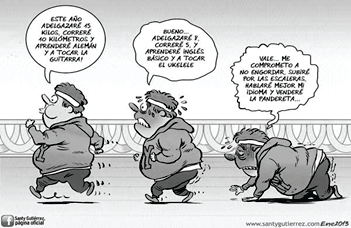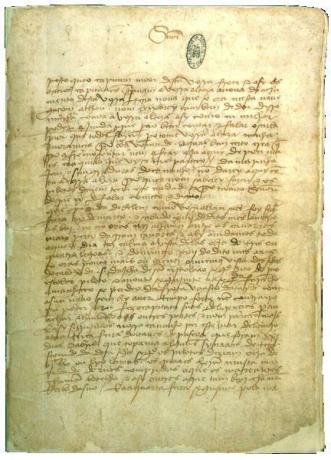As the process of Portuguese colonization in Brazil took effect from the 1530s onwards, many transformations (of a political and economic) began to occur in some captaincies, especially in Bahia, Pernambuco and Rio de Janeiro, where there was a greater concentration of colonists. Jesuit missions and other actions operated by Catholic church they were intimately linked to the colonizing process. This connection resulted in activities such as the conversion of the Gentiles (Indians) and the adjustment of the behavior of settlers who deviated from the Church's precepts. the presence of Inquisitionportuguese in Brazil, between the 16th and 18th centuries, it was part of the colonizing process.
We know that, in the second half of the 16th century, the Catholic Church started the call Counter-Reform, and one of the counter-reformist consequences was the reinforcement of the precepts of the Catholic religion in countries like Spain and Portugal. In this context, the Court of the Holy Office, Or the
Holy Inquisition, was one of the main instruments for controlling and coordinating the conduct of Catholics. As Brazil was a Portuguese colony, it was inevitable that the Portuguese Inquisition established its links in colonial lands as well.The first visitation of the Court of the Holy Office to Brazil was in 1591. Members of the inquisition visited Pernambuco and Bahia in order to verify suspicions of heretical activities in these regions. Before that date, only two cases of ecclesiastical conviction were registered in Brazil: that of Pero do Campo Tourinho, accused of blasphemy in Porto Seguro, Bahia, and the jean de bolés, Calvinist French, also in Bahia. The suspicions of heresies investigated by the Inquisition were associated, in its vast majority, with the figure of the new christians (ie Jews converted to Christianity), who came from countries like Holland and France attracted by the sugar economy.
The charge against the New Christians was that of showing themselves as Christians only in appearance but, in essence, continuing to attend synagogues and practice Jewish rituals. The other charges fall on Protestants and on women (usually accused of witchcraft). In all, the Lisbon Court arrested 1,074 people between the end of the 16th century and the middle of the 18th century. Of that number, 776 were men and 298 were women. Most of the women were arrested in Rio de Janeiro, while the other cases occurred mainly in Pernambuco and Bahia.
By Me. Cláudio Fernandes
Source: Brazil School - https://brasilescola.uol.com.br/historiab/inquisicao-no-brasil-colonia.htm


